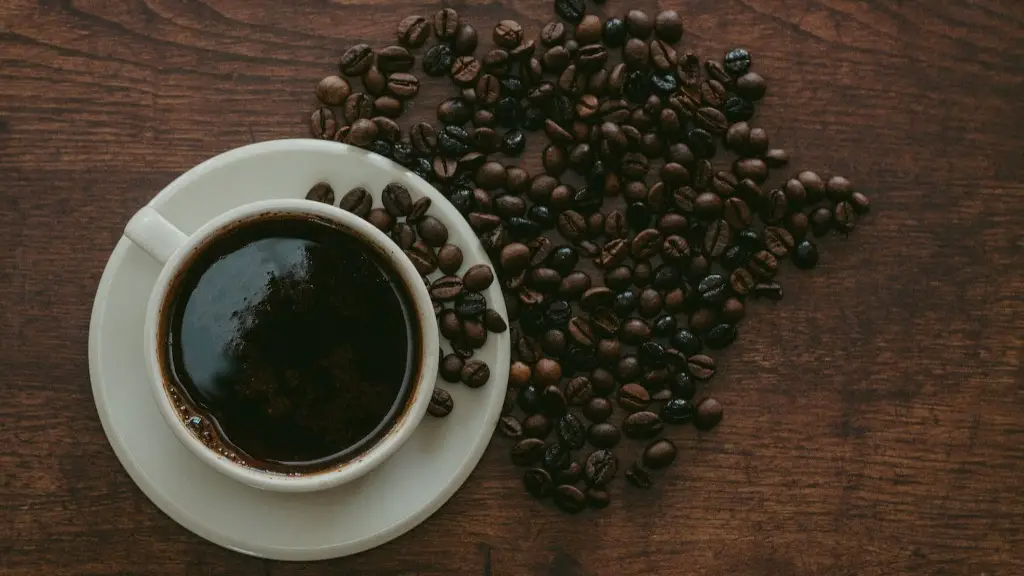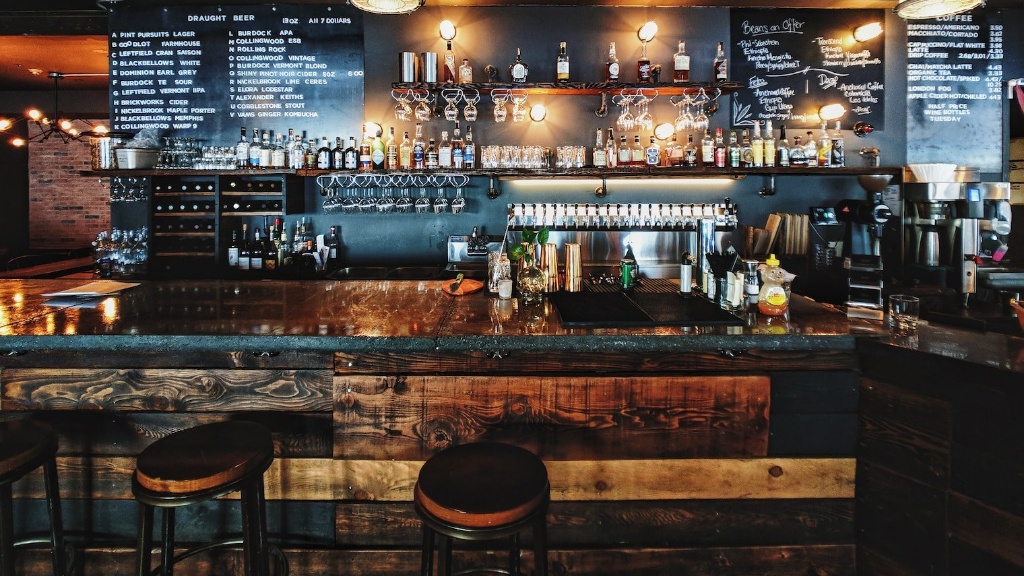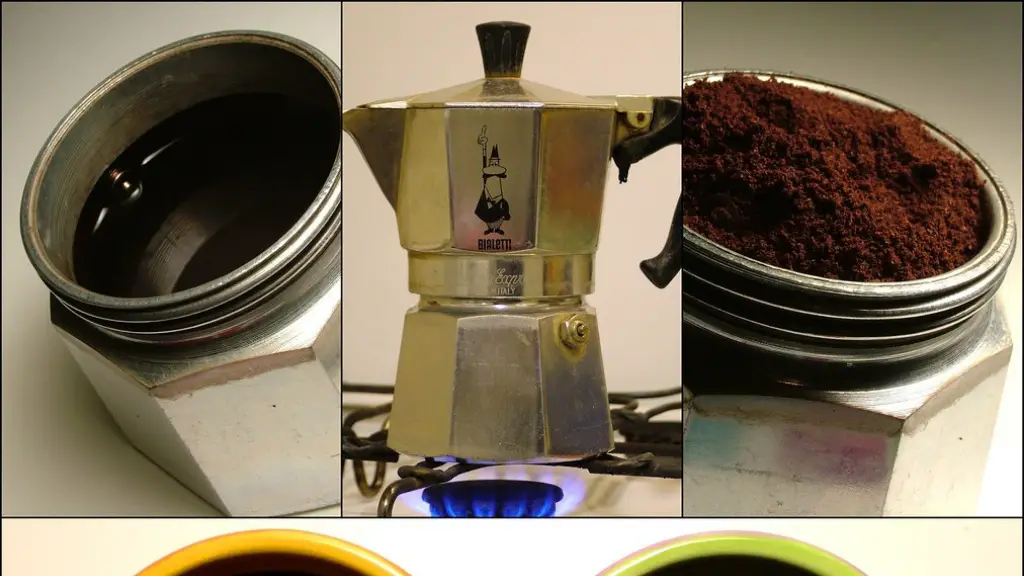Introduction
Are you considering fasting but don’t want to miss out on the deliciousness of coffee? Many people struggle with whether or not they can drink coffee on a fast and the answer is that it depends on what type of fast you’re doing. There are a variety of fasts such as intermittent, water only, juice cleanse and so on. Each of these has different guidelines and recommendations when it comes to what can and cannot be consumed during a fast. In this article, we will explain the different types of fasting and what you can and cannot drink while fasting with each, specifically focusing in on coffee.
Intermittent Fasting
Intermittent fasting is a popular type of fasting that typically involves fasting for 16-20 hours a day, then eating all of your meals during the remaining 4-8 hours. The best part is, you can still consume certain beverages while doing intermittent fasting, including coffee. When drinking coffee while doing intermittent fasting, stick to black coffee with no artificial sweeteners or added sugars. This will ensure that your fast stays effective. Additionally, there are a variety of flavors you can add to your coffee such as Cinnamon, Coconut or Vanilla extract, as these all contain no calories.
Water-Only Fasting
Another type of fast is a water-only fast, which, as the name implies, only allows you to consume water during the fast. While caffeine-free herbal teas are allowed on this type of fast, unfortunately, regular coffee is not. The caffeine in coffee will interfere with the body’s ability to cleanse itself, and may make it harder for you to achieve the desired effects of a water-only fast.
Juice Cleanse
A juice cleanse is a type of fast that typically involves consuming only juices made from vegetables and/or fruits for a period of time. Since this type of fast includes consuming calorie-free drinks, it’s okay to have a cup of coffee during a juice cleanse. It’s important to remember to avoid adding any type of sugar, creamers, or sweeteners to your coffee while on a juice cleanse. Additionally, make sure to drink plenty of water to stay hydrated during your juice cleanse.
Pay Attention to Your Body
No matter what type of fast you’re doing, it is important to listen to your body and understand how foods and beverages make you feel. If you feel like you don’t have the energy that you need or if you feel nauseous after drinking coffee on a fast, it might be best to avoid coffee and opt for plain water or caffeine-free herbal teas instead.
The Benefits of Coffee During a Fast
Coffee can actually be beneficial for those doing a fast, as it can give you an energy boost and can help suppress your appetite. Additionally, coffee is high in antioxidants, which can help protect your cells from damage and inflammation. Ultimately, the decision to drink coffee on a fast is a personal one, and it is important to recognize that coffee can be consumed as part of a fasting regimen, but it’s important to pay attention to how your body reacts to coffee.
Break Fast and Post Fast Diet
It’s important to understand that there is a difference between the time of fasting and the post-fast period which involves breaking your fast and re-introducing food to your body. During the break fast period, it’s important to concentrate on nutrient-dense, high-fiber foods. Coffee should be consumed in moderation, as it is possible to over-caffeinate, which can cause feelings of dizziness, nausea, and fatigue.
Coffee with Intermittent Fasting
When doing intermittent fasting, it is important to pay attention to how coffee affects your body. As mentioned, coffee can help to suppress your appetite during a fast, but you must be aware of how much coffee you are consuming. It is recommended to have no more than two cups of coffee a day during intermittent fasting. Additionally, avoid adding sugar or cream to your coffee as these can add unwanted calories.
Coffee with Water-Only Fasting
As previously stated, water-only fasting does not allow for the consumption of coffee. If you are considering a water-only fast, it is important to prepare in advance for the lack of caffeine you will be consuming. Limit caffeine consumption leading up to and after a water-only fast to avoid feeling the effects of extreme caffeine withdraw. Take the time to drink plenty of water and give your body time to prepare for the fast.
Coffee with a Juice Cleanse
When undertaking a juice cleanse, it is important to remember that coffee is allowed and can provide a much-needed energy boost. However, it is important to stick to black coffee and avoid adding any type of sugar, creamers or sweeteners. Additionally, it’s important to drink plenty of water when on a juice cleanse to stay hydrated, as these diets can be quite intense.
Conclusion
Ultimately, it’s important to consider the type of fast you are doing and pay attention to how your body responds to coffee when fasting. With all types of fasting, the key is to stick to the guidelines and listen to your body. If you do decide to have coffee during your fast, stick to black coffee, and if you are responsible for adding anything to it, it must be calorie-free.


